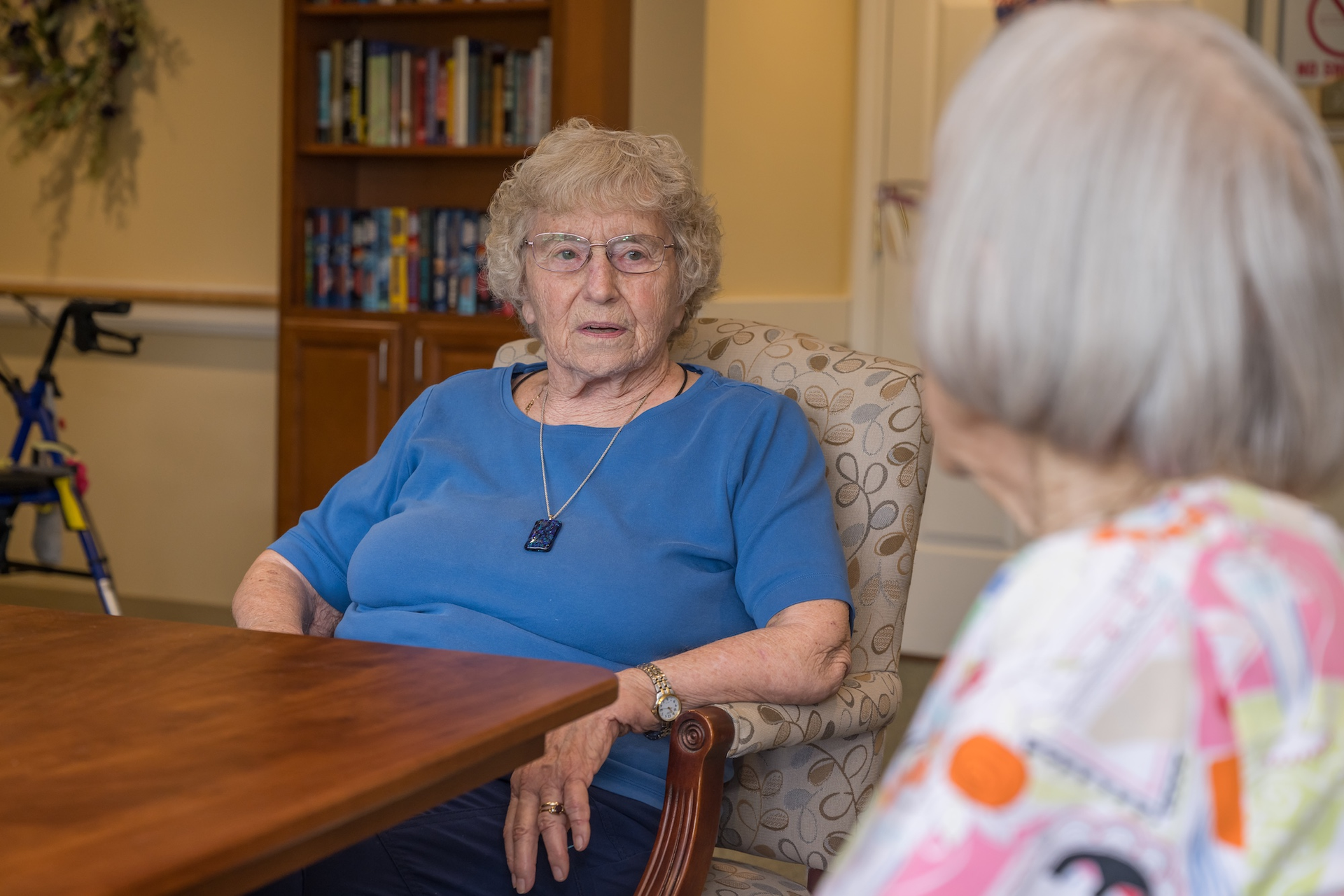When is it Time? Signs That Tell You It’s Time for Assisted Living

When is it Time?
Signs That Tell You It’s Time for Assisted Living
No one wants to move from their home into assisted living. However, in some cases, it is the best option to keep elderly or aging parents safe and healthy.
To determine if it’s time for assisted living, or if your elderly parent can safely remain at home, take a good look at the present housing situation, health status, and medical needs, then ask yourself these questions.
Signs that may indicate it’s time for assisted living:
- Is your parent telling you that he is eating, but you’re seeing food go bad in the refrigerator?
- Is your parent falling? To determine the answer, is your parent covering up bruises he or she doesn’t want you to see?

- Is your parent wearing the same clothes when you go to visit? Can they bathe themselves, groom adequately and launder clothes?
- When you look around the house or yard, is it as neat and clean as it used to be?
- Is your aging parent remembering to take medications correctly, with the right dosages and at the right time– or taking more than the prescribed dosage
- Are medications expired? Worse yet, hoarded?
- Are they able to operate appliances safely? Do they remember to turn appliances off when they are finished cooking?
- Is the home equipped with safety features such as grab bars and emergency response systems?
- Do they have a plan in place to contact help in case of an emergency?
- Are they driving? Should they be driving? Do they have alternate means of transportation?
- Are there stacks of papers and unpaid bills lying around?
- Dirty house, extreme clutter and dirty laundry piling up
- Stacks of unopened mail or an overflowing mailbox
- Late payment notices, bounced checks and calls from bill collectors
- Do they have friends, or are they isolated from others most of the time?
- When you really look at your parent, do you see the bright and vibrant person from years ago, or do you see a more limited person who needs some help one hour a day, or even around the clock?
More Signs Your Parent Needs More Help:
- Missing important appointments
- Trouble getting up from a seated position
- Difficulty with walking, balance and mobility
- Uncertainty and confusion when performing once-familiar tasks
- Forgetfulness
- Unpleasant body odor, Infrequent showering and bathing
- Strong smell of urine in the house
- Noticeable decline in grooming habits and personal care
- Poor diet or weight loss
- Loss of interest in hobbies and activities
- Changes in mood or extreme mood swings
- Getting lost when leaving the house
- Accusing others of stealing unusual items when there is no evidence of theft
- Diagnosis of dementia or early onset Alzheimer’s
- Unexplained dents and scratches on a car
Making the decision to move a parent into assisted living is one of the hardest and most heart-wrenching decisions of your life. But if it keeps your parent healthy and safe and perhaps even happy, then it is probably for the best for the parent, the caregiver and the family.
Download PDF Signs-That-Tell-You-Its-Time-for-Assisted-Living







